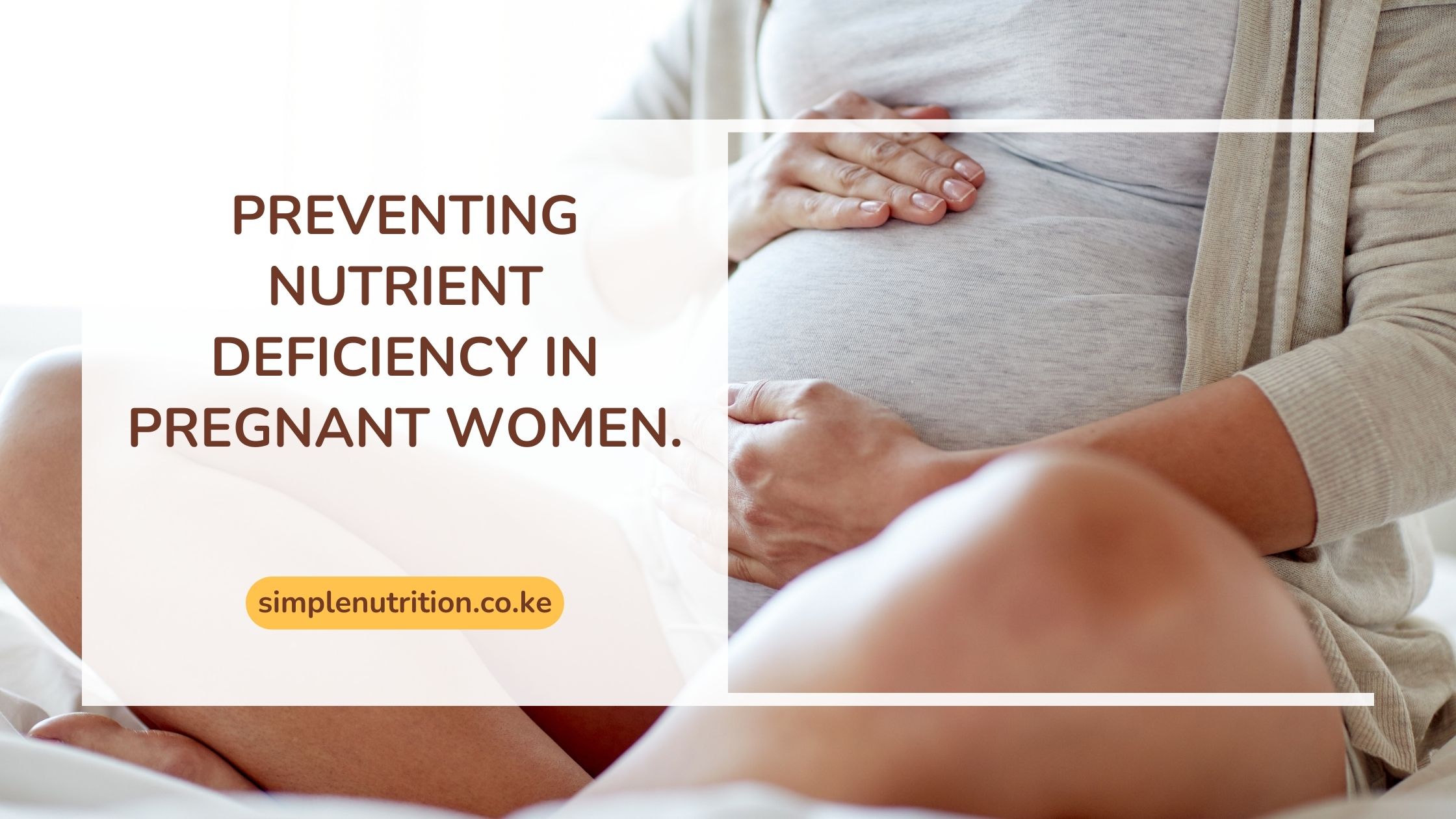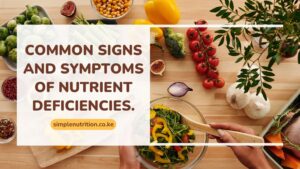Good nutrition during pregnancy is crucial for the health of both the mother and the baby. Key nutrients include folic acid, iron, calcium, omega-3 fatty acids, and protein. Pregnant women should aim for a balanced diet that includes plenty of fruits, vegetables, whole grains, lean proteins, and dairy products.
Inadequate nutrition during pregnancy can lead to complications such as low birth weight, preterm birth, and birth defects. Common nutrition concerns include nausea, constipation, and food aversions.
Supplements recommended during pregnancy often include prenatal vitamins containing folic acid, iron, calcium, and other essential nutrients. However, it’s important to consult with a healthcare provider before taking any supplements during pregnancy to ensure they’re safe and appropriate for individual needs.
Folic acid and pregnancy.
Folic acid is a B vitamin that is crucial during pregnancy, especially in the early stages. It helps prevent neural tube defects, such as spina bifida, in the developing baby. It’s recommended that women who are pregnant or planning to become pregnant take a daily supplement containing 400-800 micrograms of folic acid. Additionally, foods rich in folate, the natural form of folic acid, such as leafy greens, beans, citrus fruits, and fortified cereals, should be included in the diet. Starting folic acid supplementation before conception and continuing through the first trimester is particularly important for reducing the risk of neural tube defects.
Iron and pregnancy.
Iron is another essential nutrient during pregnancy. It plays a crucial role in the production of red blood cells, which carry oxygen to the body’s tissues, including the placenta and the developing baby. Pregnant women need more iron to support the increased blood volume and to provide oxygen to the growing fetus.
Inadequate iron intake during pregnancy can lead to iron deficiency anemia, which can increase the risk of preterm birth and low birth weight. To prevent iron deficiency, pregnant women are often advised to include iron-rich foods in their diet, such as lean meats, poultry, fish, beans, lentils, tofu, fortified cereals, and leafy green vegetables.
In some cases, healthcare providers may recommend iron supplements to ensure pregnant women meet their daily iron needs, especially if they are at risk of deficiency or have been diagnosed with iron deficiency anemia. It’s essential to follow healthcare provider recommendations regarding iron supplementation to avoid taking too much iron, which can cause constipation or other side effects.
Calcium and pregnancy.
Calcium is essential during pregnancy for the development of strong bones and teeth in the baby, as well as for maintaining the mother’s bone health. Pregnant women need around 1000 milligrams of calcium per day, which is slightly higher than the recommended intake for non-pregnant adults.
Good food sources of calcium include dairy products such as milk, yogurt, and cheese, as well as fortified plant-based milk alternatives, tofu, leafy green vegetables like kale and collard greens, almonds, and canned fish with bones like sardines and salmon.
It’s important for pregnant women to consume an adequate amount of calcium through their diet or supplements if necessary, to support both their own and their baby’s bone health. However, it’s essential to consult with a healthcare provider before starting any supplements during pregnancy.
Omega 3 and pregnancy.
Omega-3 fatty acids are crucial during pregnancy for the development of the baby’s brain, eyes, and nervous system. The two main types of omega-3 fatty acids are docosahexaenoic acid (DHA) and eicosapentaenoic acid (EPA). DHA, in particular, is important for fetal brain development.
Pregnant women are encouraged to include sources of omega-3 fatty acids in their diet, such as fatty fish like salmon, mackerel, and trout, as well as walnuts, flaxseeds, chia seeds, and fortified foods. Some prenatal supplements also contain DHA, but it’s essential to check with a healthcare provider before starting any supplements during pregnancy.
Adequate intake of omega-3 fatty acids during pregnancy has been associated with various benefits, including reduced risk of preterm birth, improved cognitive development in the baby, and lower risk of postpartum depression in the mother. However, it’s essential to consume omega-3 fatty acids in moderation and avoid high-mercury fish during pregnancy.

